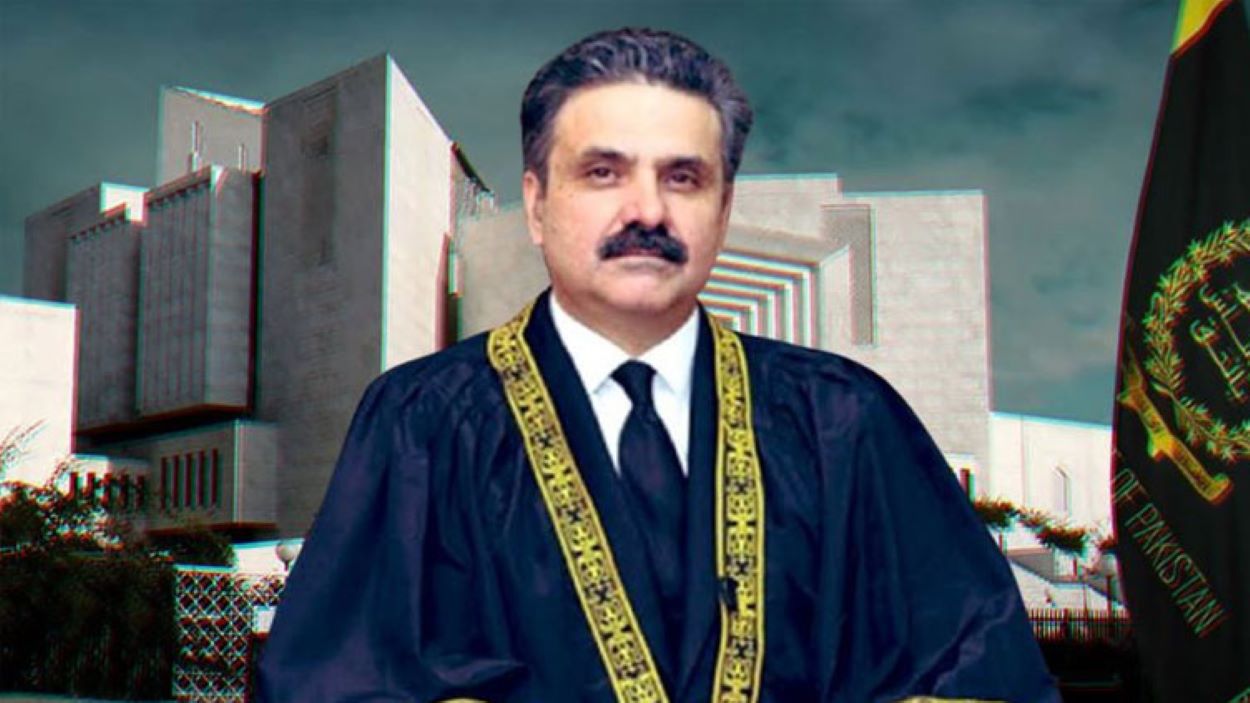Justice Yahya Afridi, Chairman of the Judicial Commission of Pakistan and Chief Justice of Pakistan has established a committee to draft rules governing the procedure and criteria for appointing judges.
The committee is tasked with creating and submitting these rules to the Secretariat of the Judicial Commission of Pakistan by December 15, 2024. Supreme Court Justice Jamal Khan Mandokhail will chair the committee, including Attorney General Mansoor Usman Awan, Senators Syed Ali Zafar and Farooq Hamid Naek, and Senior ASC Akhtar Hussain.
Niaz Muhammad Khan, Secretary of the JCP, and Supreme Court Research Officers Zafar Iqbal and Qaiser Abbas will support the committee.
The committee aims to present the draft rules by December 15, 2024. Justice Afridi chaired meetings of the Judicial Commission of Pakistan on December 6, 2024, discussing the urgent need to establish these regulations.
Read: Judicial Commission of Pakistan to Review Judge Nominations Today
During these sessions, the Judicial Commission of Pakistan (JCP) focused on developing rules to regulate its procedures, which are essential for assessing and evaluating judicial appointments. The commission empowered Justice Afridi to select members to form this committee.
The agenda of these meetings involved setting up a Rules Committee, nominating Justice Shahid Bilal Hassan for the Supreme Court’s Constitutional Benches, and evaluating nominations for Additional Judges at the Peshawar High Court and the Sindh High Court. Furthermore, the commission officially confirmed Justice Hassan for the Supreme Court’s constitutional benches.
In the session dedicated to the Peshawar High Court, the commission decided to delay the appointment of Additional Judges until December 21, 2024, and extended the deadline for nominations to December 10, 2024.
Similarly, the Sindh session nominated Justices Adnan-ul-Karim Memon and Agha Faisal for the Constitutional Benches of the Sindh High Court while also deferring the appointment of Additional Judges to December 21, 2024.
In a preliminary meeting, the commission explored using technology to reduce the significant paperwork involved in its decision-making process. Justice Afridi highlighted this initiative, which aims to ease the workload of the secretariat and commission members, who supported the gradual transition to digital solutions for their operations.






